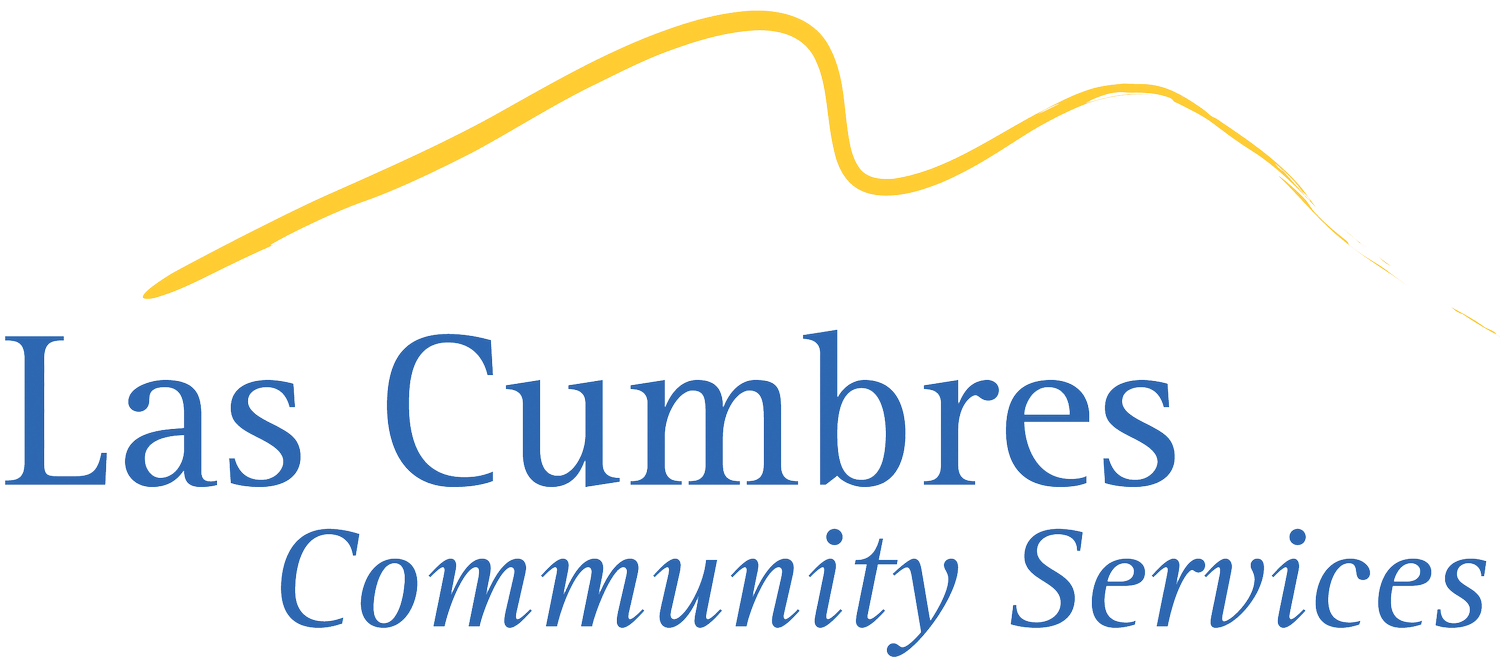UPDATE: March 9, 2022: Governor Michelle Lujan Grisham signed a tax bill during the 30-day legislative session that ended in February that includes a provision that will exempt Social Security benefits from taxation for low and middle-income seniors. The passage will herald needed financial relief for many New Mexicans, including grandparents raising grandchildren. Several members of Las Cumbres’ Grandparents Raising Grandchildren (GRG) program were personally invited to attend the bill signing. Among them was a GRG participant Toni Atencio, 75, who explained how the bill’s passage will personally impact her: “My son passed away in July and left four kids — he was a single dad — so I have them now, and everything is so expensive,” she said. “This package is going to help save my dignity because I’ll be able to provide for my grandkids and be able to afford services for them that they badly need.”
The tax package, known as House Bill 163, also includes elements to reduce the gross receipts tax rate for the first time in 40 years and tax rebates of up to $500, a potential maximum $175 child tax credit per child, and tax exemptions for military veterans as well as tax credits for full-time hospital nurses.
###
A significant number of parents and other caregivers of young children in Northern New Mexico live on a fixed income such as Social Security or pension or retirement income. This is especially true of caregivers 65 years or older. There may be no immediate way for these individuals to increase their income because they may have health issues or are looking after someone that prevents them from taking on employment. Economic struggles have only grown with the ongoing impact of the COVID pandemic. Data reports that currently 19 percent of New Mexico households with children have little or no confidence inability to pay their next rent or mortgage payment on time, a number that has been increasing steadily since 2020 (Annie E. Casey KIDS Count Data).
A grandmother, Marizabel Ulibarri, speaks out here about this legislation, when asked by New Mexico Non-Metro Area Agency on Aging to respond directly about the current legislation.
Currently in New Mexico, precious Social Security income is subject to state taxation. However, at this time there is a Senate Bill under consideration to exempt this income from tax. Senate Bill 108, introduced by Senators Michael Padilla, Cathrynn N. Brown, and David M. Gallegos, is moving through the current State Legislature, and if passed, would exempt tax on individual Social Security income beginning January 1, 2022.
Grandparents caring for grandchildren, due to the absence of a biological parent in the children’s lives, are among those who would greatly benefit from the passage of this legislation. In NM, five percent of the State’s grandchildren under the age of 18 are being raised by their grandparents, matching the national average. New Mexico Voices for Children reveals that across the state close to 26 percent of grandparents responsible for their grandchildren under the age of 18 are living in poverty. Multiple resources attest to the impact of poverty which can result in food and housing insecurity and adversely impact the long-term health and social-emotional development of children in the home. Additionally, grandparents raising grandchildren who are living on fixed incomes may be managing their own chronic illnesses or a disability.
Las Cumbres provides support services through its Grandparents Raising Grandchildren (GRG) program across three counties, Santa Fe, Rio Arriba, and Taos. Recent reporting by GRG staff reveals that approximately 50 percent of GRGs present needs to address food security, stable and safe housing, and help to pay for utilities. Many of these caregivers have faced choosing between food and paying rent, utilities, and/or medicine. GRG Program Coordinators regularly work with local food banks and leverage a variety of resources to ensure that families in service have healthy food available; throughout the pandemic, Coordinators accessed food boxes and delivered meals/groceries to GRGs, as often as weekly.
To learn more about how you can join the agency’s GRG program, contact Naomi Diamond at 703.864.5789 or complete an online referral form.
Some of our grandfamilies face a financial burden over the course of the year. Please consider a donation to the Safety and Stability Flex Fund that provides financial assistance directly to grandparents when they need it most.






